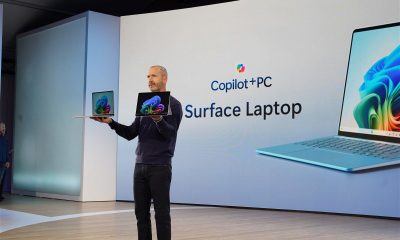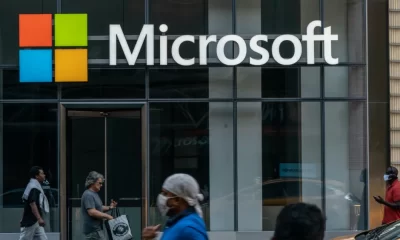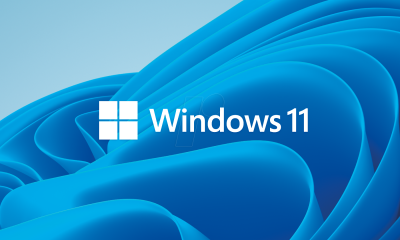Tech
Microsoft implements ban on U.S. police use of Azure OpenAI service

In a notable shift, Microsoft has updated its policy to prohibit U.S. police departments from utilizing generative AI through the Azure OpenAI Service, a platform that wraps OpenAI technologies for enterprise use.
The recent amendment to the terms of service for Azure OpenAI Service explicitly restricts integrations with police departments in the U.S. from accessing OpenAI’s text- and speech-analyzing models.
Additionally, a new provision prohibits the use of real-time facial recognition technology on mobile cameras, such as body cameras and dashcams, for identifying individuals in uncontrolled environments.
This policy adjustment follows the unveiling of a new product by Axon, a provider of technology and weapons products for military and law enforcement, which incorporates OpenAI’s GPT-4 generative text model to summarize audio from body cameras.
Concerns have been raised regarding potential risks associated with such technology, including the introduction of hallucinations and racial biases.
While it remains uncertain whether Axon was utilizing GPT-4 via Azure OpenAI Service, the timing of the policy update raises questions about its relation to Axon’s product launch.
Notably, the ban on Azure OpenAI Service usage applies exclusively to U.S. police departments and does not extend to international law enforcement. Moreover, it does not cover facial recognition conducted with stationary cameras in controlled settings.
This development aligns with Microsoft’s recent approach to AI-related contracts in law enforcement and defence sectors.
Despite the ban on U.S. police usage, Microsoft continues to explore opportunities with government agencies, including the Department of Defense, highlighting the complex landscape of AI regulation and application in law enforcement.
As Microsoft and OpenAI navigate these evolving dynamics, questions linger about the broader implications and future trajectory of AI integration in policing and defence. Requests for comment from Microsoft and OpenAI are pending.






























